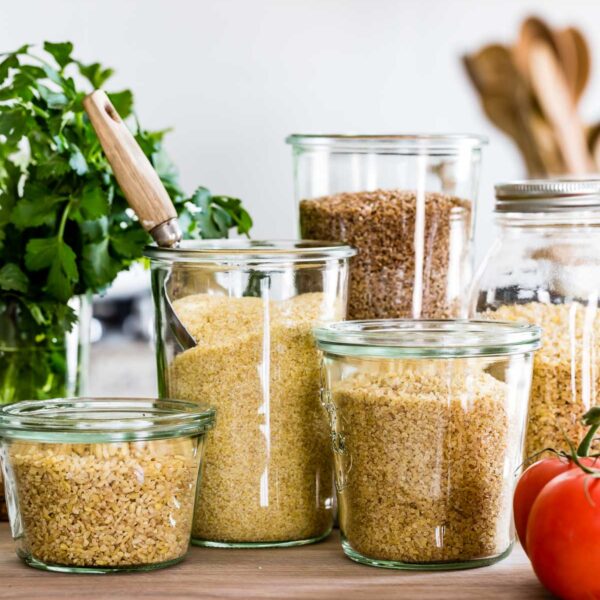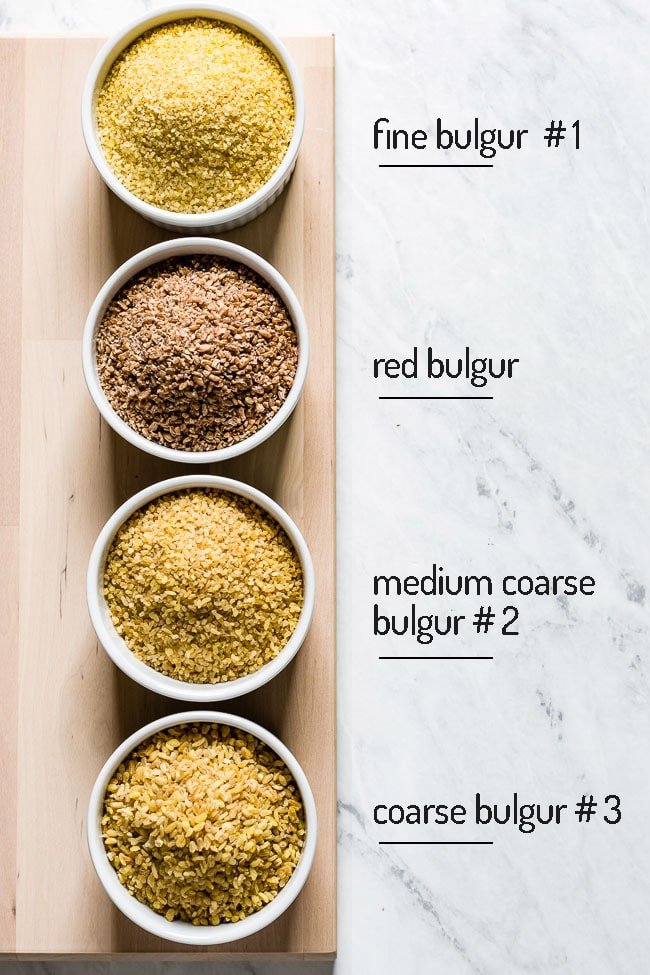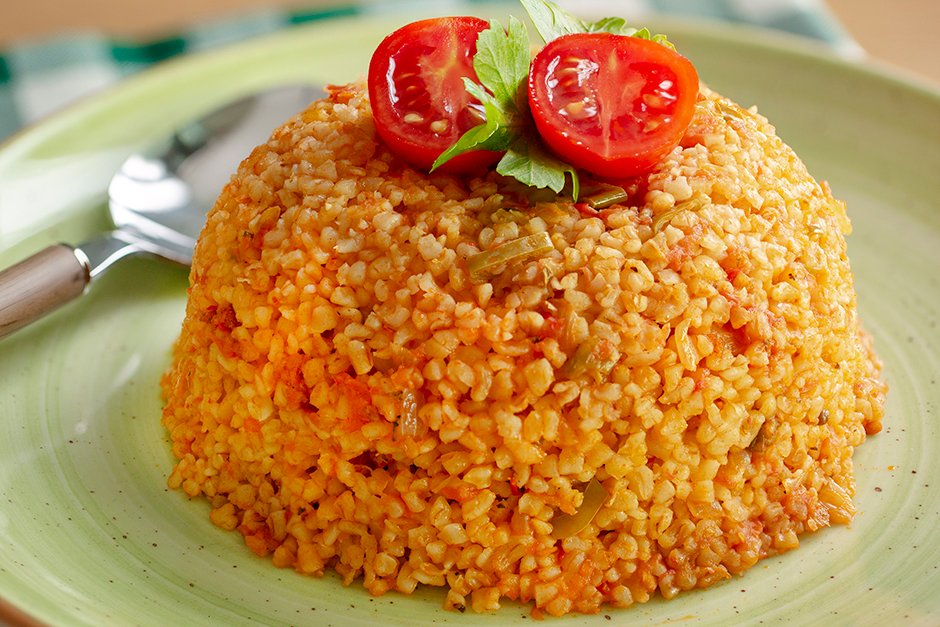
Bulgur is a cereal and a good solution for all those who are looking for healthy food and balanced nutrition.
Bulgur is known to be produced in Anatolia for ages.
With the Turkish culture and expansion of the people living in this area, bulgur has entered cuisines of the other countries and continents.
Bulgur is a processed wheat which is easy to cook and serve.
Producing high-quality durum wheat, Turkey is the main producer of bulgur with an annual production of more than 1 million tons.
Bulgur, as a traditional dish, is produced in the most natural ways, unadulterated, in accordance with modern and international standards.
Bulgur is one of the easiest to cook and the most versatile of whole grains.
It is a classical food and an essential ingredient in Turkish cuisine.
Bulgur is made by parboiling and cracking husked wheat grains.
Crack wheat and bulgur are essentially the same things, but bulgur is parboiled (or steamed) during the processing. This is why bulgur cooks faster than crack wheat.
With a market share of 77 percent, Turkey is the world leader in bulgur production and exports.
This traditional ingredient has been getting international recognition lately with its unique flavor and nutritional benefits.
Bulgur Wheat comes in four different types and there are fine, medium coarse, coarse, and extra coarse bulgur.

Fine Bulgur
It is also called quick-cooking bulgur and extra-fine bulgur, this is the smallest size of bulgur. Some brands also advertise it as #1.
Medium Coarse Bulgur
Medium-coarse bulgur is sometimes advertised as #2. Medium coarse bulgur can be used to make bulgur pilaf or porridge, and as an addition to various stuffing, salad, meatball, soup, stew, and stir fry recipes.
Red Bulgur
There is also red bulgur, which is also considered a medium-coarse cut. As the name implies, red bulgur is darker in color. It is made from whole grain red wheat, which is softer than yellow bulgur made from durum wheat (the hardest of all wheat). Because of that, technically, it cooks faster compared to bulgur made from durum wheat.
Coarse & Extra Coarse Bulgur
These are the largest size when it comes to types of bulgur. They are also advertised as #3 & #4. In Turkey, they are refered to as coarse bulgur pilavlik bulgur, which means bulgur used for making pilaf. Due to being the largest bulgur type, it takes the longest to cook.

Nutrition Facts
1 cup (182 grams) of cooked bulgur offers:
• Calories: 151
• Carbs: 34 grams
• Protein: 5.6 grams – 11% of the Daily Intake
• Fat: 0 grams
• Fiber: 8 grams
• Folate: 8% of the Daily Intake
• Vitamin B6: 8% of the DI
• Niacin: 9% of the DI
• Manganese: 55% of the DI
• Magnesium: 15% of the DI
• Iron: 10% of the DI
Bulgur is rich in manganese. This mineral has many health benefits, including but not limited to improving bone health and blood sugar regulation and reducing inflammation.
For more information about bulgur, prices and wholesale, contact us at start.inforum@gmail.com to buy from the factory-producer in Turkey.